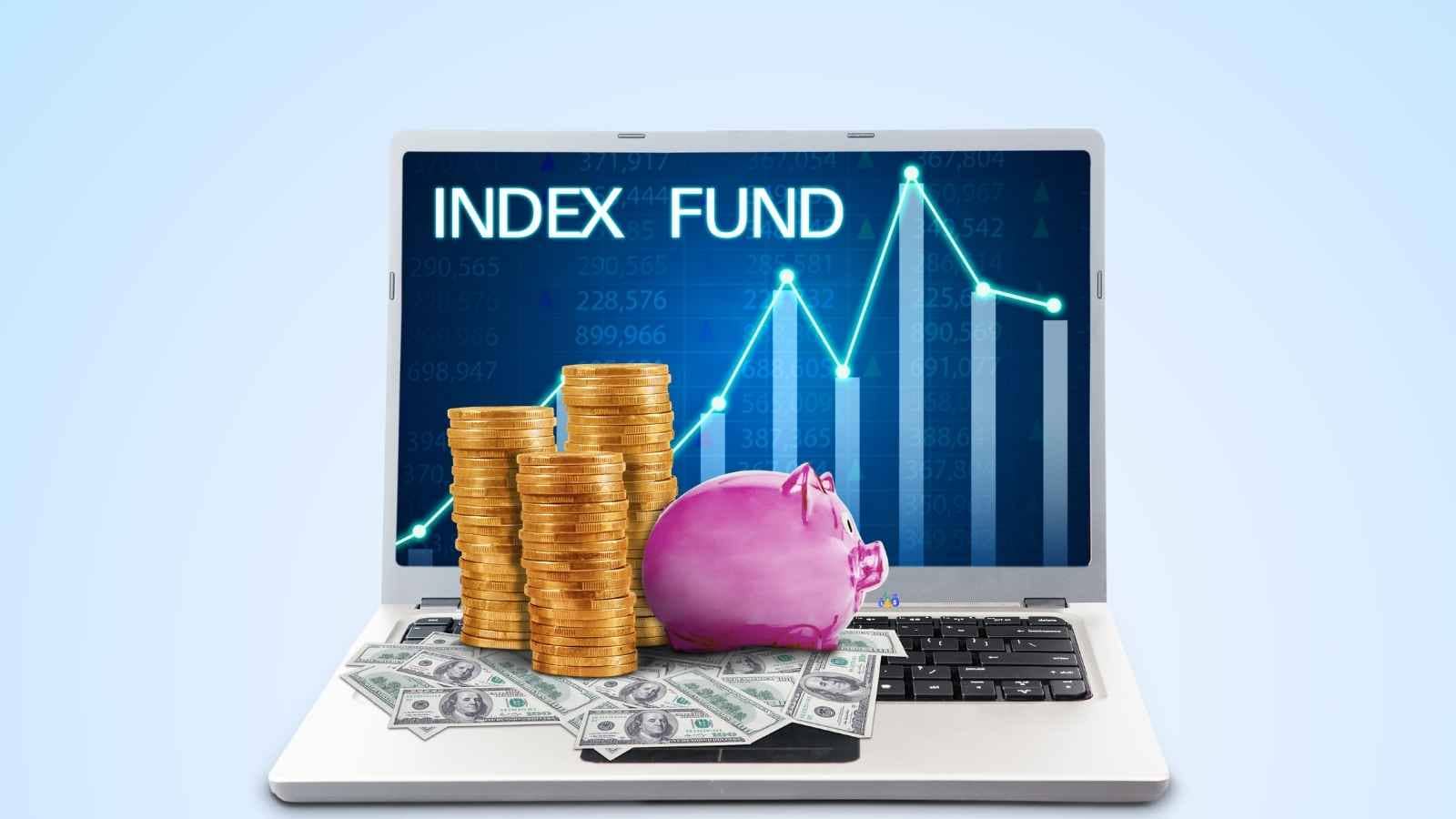How to Choose Index Funds for Your Portfolio?

Choosing the right index fund can be a game-changer for your investment strategy. Due to their low costs and consistent performance, you can grow your wealth steadily over time with index funds. However, with so many options available, it is essential to know how to choose index funds that are best for you. Read this blog to learn different ways of selecting the ideal index fund for your portfolio.
What are the Different Types of Index Funds?
Before learning what factors you need to consider to select index funds, you must know the different types of index funds available:
-
Sector-Based Index Funds
These funds concentrate on specific industries or economic sectors, giving you a way to focus your investments on particular sectors that you believe will grow in the future. By tracking an index composed of companies within a chosen sector, these funds offer a diversified approach within that industry, reducing the risk associated with picking individual stocks.
-
Broad Market Index Funds
Broad market index funds aim to replicate the performance of an entire market index. These funds expose you to a wide range of stocks across different sectors, providing a diversified way to invest in the overall market. By holding a portfolio that mirrors the index's composition, these funds are managed passively.
-
Market Capitalisation Index Funds
Market capitalisation index funds allocate your holdings based on the size of the companies in the index, determined by market cap. Larger companies with higher market caps have more weight, while smaller companies have less. These funds give you exposure to the broader market, reflecting the relative size of each company within the index.
-
Factor-Based Index Funds
Also known as smart beta index funds, these funds track indexes built around specific investment factors like value, growth, quality, etc. Unlike traditional index funds, these funds allocate weights based on selected criteria, such as price-to-earnings ratios, price performance, etc.
-
Equal Weight Index Funds
These funds give equal weight to each stock in the index, regardless of size. This means that every company, whether big or small, gets an equal share of the fund. This method provides more balanced exposure and can highlight growth opportunities in smaller or mid-sized companies, resulting in a balanced risk exposure.
-
Debt Index Funds
Debt index funds, also known as bond index funds, aim to replicate the performance of a specific fixed-income index. These funds invest in a variety of bonds, such as government, corporate, or municipal bonds, offering diversified exposure to the fixed-income market.
-
Strategy Index Funds
Also known as thematic index funds, it focuses on a particular investment theme or strategy, such as technology, healthcare, renewable energy, etc. These funds allow you to gain exposure to specific sectors or trends without needing to choose individual stocks.
-
Custom Index Funds
Custom index funds offer flexibility to meet the unique investment objectives of large institutional investors. These funds replicate a tailored index that reflects your preferred investment strategy, such as focusing on certain sectors or applying environmental, social, and governance (ESG) criteria.
-
International Index Funds
International index funds provide exposure to markets outside your home country. By tracking indexes of stocks, bonds, or other securities from different countries, these funds offer geographic diversification. It helps you tap into the growth and success of companies in other economies and reduces reliance on a single country or region.
Factors to Consider While Selecting the Best Index Fund for Your Portfolio
The following are the essential factors you need to consider to pick index funds for your portfolio:
-
Objective of Investment
Index funds are a good choice for investors who want exposure to a broad market segment. Investors who prefer not to monitor the market frequently and want to diversify their holdings among leading companies across various sectors find these funds beneficial. These passive funds have the potential to deliver solid returns, helping you meet long-term objectives such as retirement and education.
-
Risk Tolerance
These funds are well-suited for risk-averse investors seeking stable returns, as they aim to mirror the performance of an index. It requires minimal oversight. For instance, if you want to invest in leading companies but wish to avoid the risks associated with actively managed equity funds, a Sensex or Nifty index fund could be a suitable option.
-
Past Performance
Past performance shows how the fund has grown on average, helping you estimate potential returns. While past success does not guarantee future results, it is a useful factor when comparing index funds.
-
Fund Manager Reputation
Evaluating the background and qualifications of fund managers is crucial, as they are responsible for fund management and decision-making. Although fund managers of passively managed index funds have less involvement in daily decisions, it is still used to verify if they make timely adjustments whenever required.
-
Expense Ratio
The expense ratio is what a fund charges for managing your investment. Index funds typically have lower expense ratios compared to actively managed funds because they require less oversight from fund managers. Despite this, expense ratios can vary among different index funds.
The Bottomline
Now that you know how to choose index funds for your investment portfolio, you can start your investment journey in a hassle-free manner. By knowing the different types of index funds and considering the factors mentioned above, you can select the one that is suitable for you.